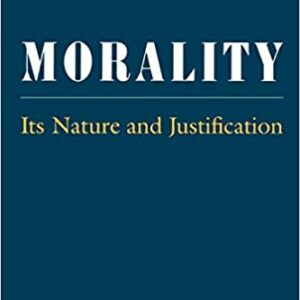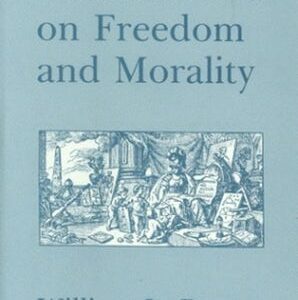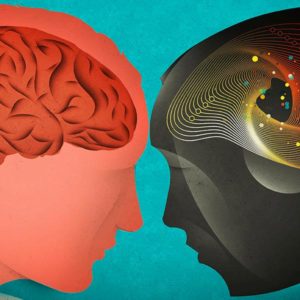
Evil in Aristotle
Edited by Pavlos Kontos (NHC Fellow, 2017–18) Aristotle's notion of evil is highly elaborate and attractive, yet has been largely overlooked by philosophers. While most recent studies of evil focus on modern understandings of the concept, this volume shows that Aristotle's theory is an invaluable resource for our contemporary understanding of it. Twelve leading scholars … Continued



